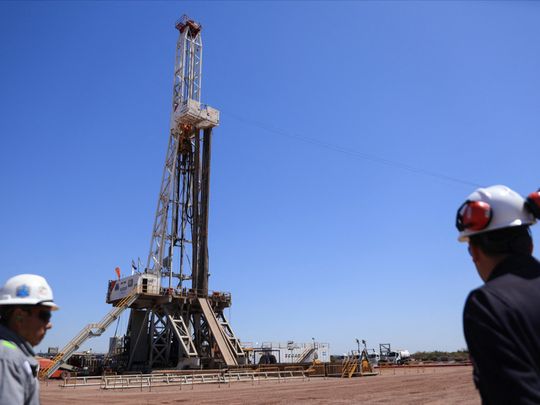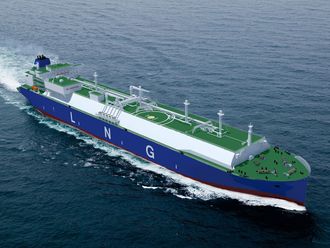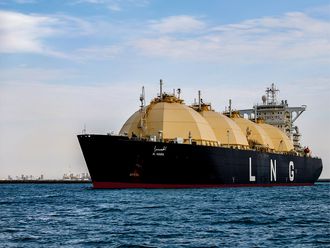
Dubai: Oil dipped amid thin liquidity as investors weighed the fallout from a Russian ban on exports to buyers that adhere to a price cap.
West Texas Intermediate fell toward $79 a barrel after closing little changed on Tuesday. Moscow’s restrictions will begin on February 1 and last until at least July 2023, according to the decree. The guidelines avoid extreme measures “- such as imposing a minimum price or prohibiting certain countries from purchases “- that the market had feared would seriously disrupt trade flows.
Crude is still set for a modest gain in 2022 after a volatile year that saw prices surge following Russia’s attack on Ukraine and then gradually pull back as fears of a global slowdown grew. More recently, China’s rapid unwinding of its strict Covid Zero policy and a resulting severe virus wave have hit a market that’s prone to sharp swings due to a lack of liquidity.
“Oil is trading on the larger story of China easing its Covid curbs and anticipating the rise of travel, despite the current outbreaks,” said Vishnu Varathan, head of economics & strategy at Mizuho Bank Ltd. The Russian response to the price cap was largely anticipated by the market, he added.
Beijing is preparing to issue new passports and Hong Kong permits, opening the floodgates to pent-up travel demand. After the announcement that travelers won’t be subject to quarantine from January 8 onwards, bookings for outbound flights from mainland China surged, according to Trip.com Group Ltd.












